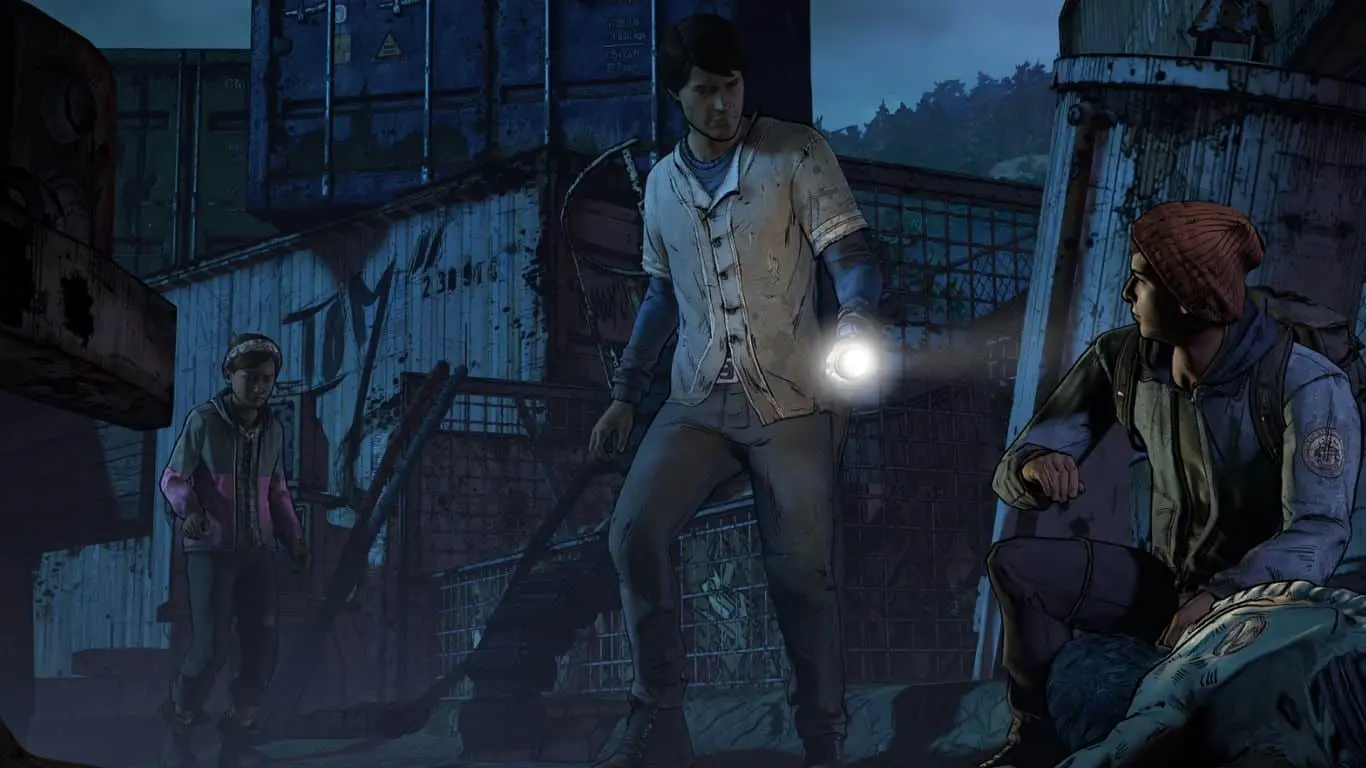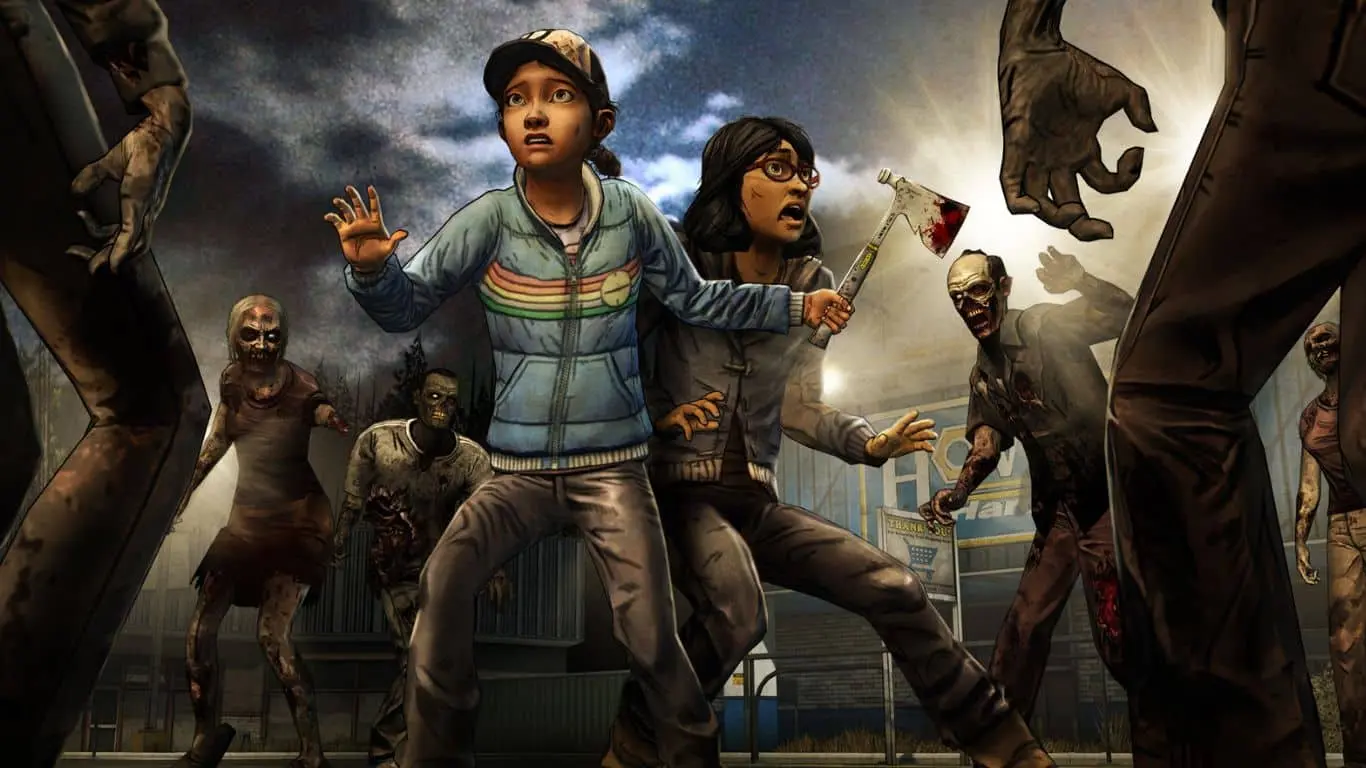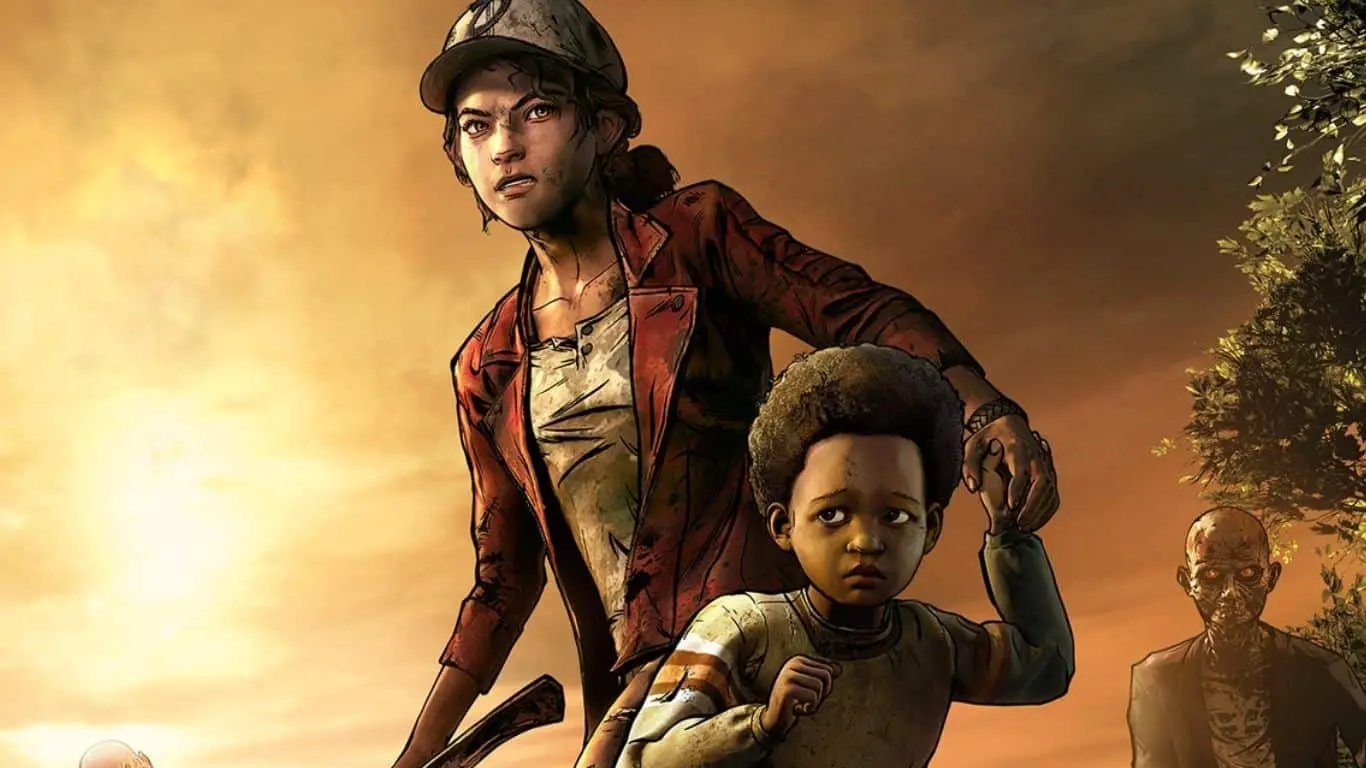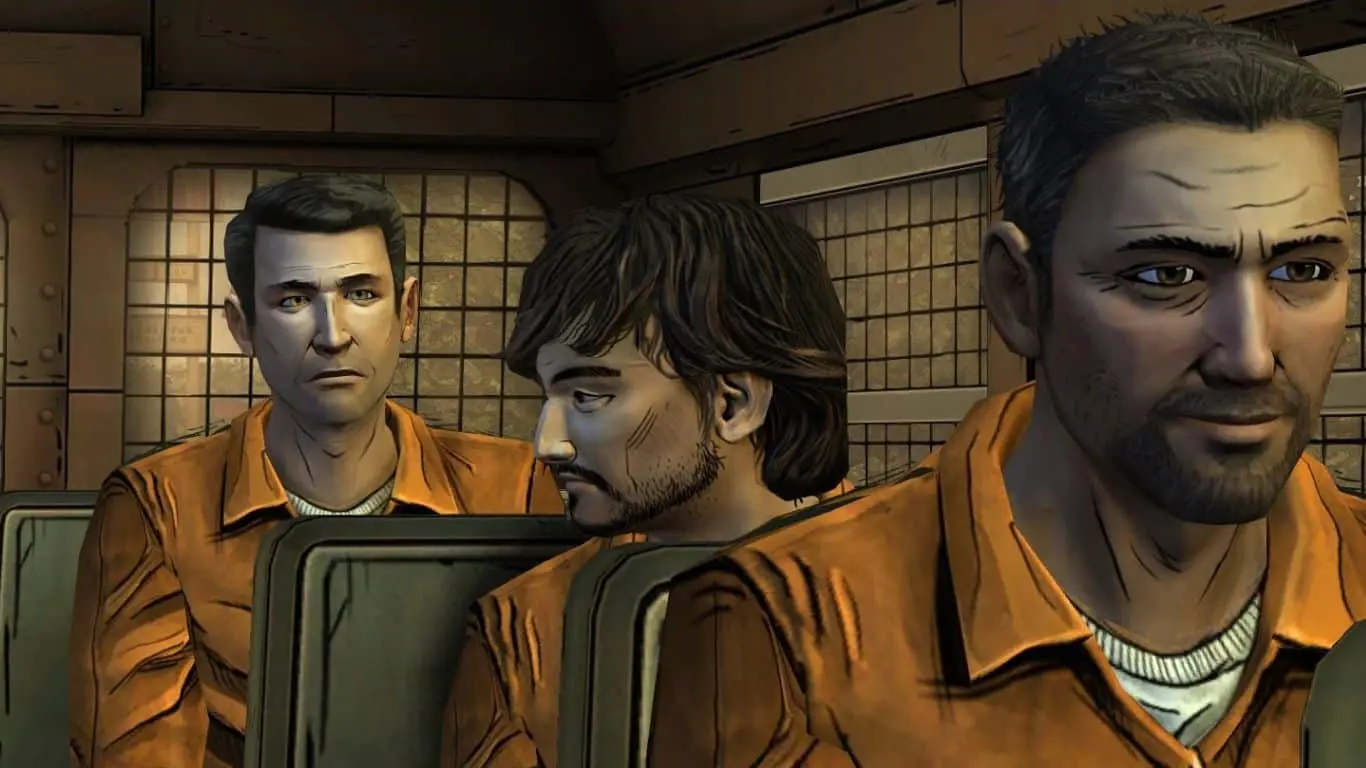- The second season of Telltale’s “The Walking Dead,” prominently featuring Clementine as the central charac…
- Despite these flaws, Season Two remains a crucial installment, resonating with the relentless struggle and moral complex…
- This season effectively builds upon the themes of survival, morality, and human connection that have been integral to th…
- The game is appreciated for its innovative narrative structure and its ability to evoke emotional responses despite the …
- Launched in 2012, this inaugural season introduces us to Lee Everett and Clementine, creating a profound emotional odyss…
- The brilliance of Season One lies in its meticulously crafted narrative interlaced with consequential decision-making, f…
Ranking Walking Dead Games From Worst to Best: The Walking Dead franchise, stemming from Robert Kirkman’s impactful comic series, has permeated various entertainment mediums, creating a colossal fan base. Among the adaptations, the video game iterations, especially those by Telltale Games, have garnered considerable acclaim for their immersive storytelling and intricate character development. However, like the walkers lurking in the shadows, not all are created equal. The series has seen its share of commendable highs and regrettable lows, prompting a closer examination.
Ranking Walking Dead Games From Worst to Best
The Walking Dead: A New Frontier

“The Walking Dead: A New Frontier,” released in 2016, finds its place at number six on our list, serving as a divisive chapter within the renowned Telltale Games series. While continuing the tradition of delivering emotionally charged Stories and forcing players to make pivotal decisions, this installment seemed to fall short of the high expectations set by its predecessors. The story, which introduces us to a new protagonist, Javier Garcia, endeavors to weave his narrative seamlessly with the beloved Clementine’s, but it has been critiqued for its comparatively weaker and less impactful storyline.
The episodic structure feels abbreviated, and the decision-making, a hallmark of the series, seemingly bears less weight. Despite exploring profound themes of survival, morality, and family, “A New Frontier” struggles to reach the lofty heights of its forebears, resulting in a less harmonious blend of narrative elements and player agency.
The Walking Dead: Season Two

The second season of Telltale’s “The Walking Dead,” prominently featuring Clementine as the central character, indeed holds its unique charm and challenges. The vulnerabilities of a young girl in a zombie-ravaged world elevate the intensity and stakes, requiring a blend of stealth and wits for survival, enriching the gameplay with tense and thrilling encounters. The introduction of a promising new group of survivors initially added a layer of anticipation and potential depth to the unfolding narrative.
However, this season falters as it rapidly descends into a turbulent confluence of clashing groups, prominently featuring Kenny, leading to internal strife and diluting the initial promise. The escalated pace of unfolding events barely gives players the breathing space to form bonds with the newly-introduced characters before they are thrust into perilous situations.
Consequently, the emotional connection and investment in the characters seem ephemeral, affecting the overall immersive experience and depth that the series is celebrated for. Despite these flaws, Season Two remains a crucial installment, resonating with the relentless struggle and moral complexities synonymous with “The Walking Dead” series.
The Walking Dead: Michonne

This installment endeavors to delve into the untold chapters of Michonne’s journey during her temporary departure from Rick Grimes and the group, exploring her internal conflicts and the emotional burdens she bears.
While the series successfully uncovers layers of Michonne’s character, offering players a more intimate understanding of her struggles, it has been met with mixed reviews. Critics and fans alike have noted that while the narrative insight into Michonne’s psyche is appreciated, the miniseries lacks the sweeping emotional impact and intricate character dynamics that are the hallmark of the mainline series. Additionally, the relatively shorter length of the miniseries might leave players longing for more depth and development.
Yet, “The Walking Dead: Michonne” is a noteworthy venture for fans eager to explore the complexities and vulnerabilities of a character renowned for her resilience and combat prowess, shedding light on the haunting memories and moral dilemmas that shape her journey in the apocalyptic world.
The Walking Dead: The Final Season

This season effectively builds upon the themes of survival, morality, and human connection that have been integral to the series, intensifying the emotional stakes. It places Clementine in a protective role over AJ, mirroring her own experiences with Lee in the first season, and explores the concepts of leadership, responsibility, and the sacrifices essential for communal survival.
However, some fans argue that while “The Final Season” brings closure, it doesn’t quite reach the emotional zenith of the first season, with certain narrative elements feeling a tad forced or rushed. Despite this, the season is widely recognized for its impactful resolution and the matured portrayal of Clementine, blending nostalgia and fresh perspectives to offer a satisfying conclusion to her odyssey in the walker-infested world. The finality it brings to Clementine’s story is both a loving tribute to her growth and a melancholic reminder of the enduring human spirit.
The Walking Dead: 400 Days

Acting as a bridge between the first and second seasons, “400 Days” is an anthology of five short stories, each depicting the first 400 days of the apocalypse from the perspective of different characters. This approach allows for a diverse exploration of the human condition under extreme circumstances and offers a plethora of experiences and moral dilemmas.
The game is appreciated for its innovative narrative structure and its ability to evoke emotional responses despite the limited time with each character. However, some critics argue that the episodic nature of “400 Days” doesn’t allow for the depth of character development and emotional attachment that the main series provides, making the decisions feel less impactful.
Nevertheless, “The Walking Dead: 400 Days” remains a valued addition to the series, providing fans with a varied and fresh perspective on the world of “The Walking Dead.” It offers insight into the broader spectrum of experiences in the zombie apocalypse, highlighting the myriad of ways individuals cope, adapt, and survive in a world plunged into chaos.
The Walking Dead: Season One

“The Walking Dead: Season One” by Telltale Games indisputably secures the pinnacle position in our ranking, emerging as a groundbreaking paradigm in the realm of narrative-driven games. Launched in 2012, this inaugural season introduces us to Lee Everett and Clementine, creating a profound emotional odyssey through a world engulfed in a zombie apocalypse.
The brilliance of Season One lies in its meticulously crafted narrative interlaced with consequential decision-making, forging an unparalleled emotional bond between players and characters. The relationship between Lee and Clementine, marked by protection, moral learning, and mutual growth, resonates deeply, setting a high bar for empathetic character development in gaming. The immersive storyline, nuanced with moral ambiguities and ethical dilemmas, propels players into a contemplative journey, reflecting on human nature and morality amidst catastrophic despair.
The emotional profundity, innovative storytelling, and compelling character dynamics of “The Walking Dead: Season One” have rendered it a timeless classic, earning unanimous acclaim from both fans and critics alike for its ability to invoke deep emotional responses and for laying down the foundation of a series that has become synonymous with narrative excellence in video gaming.
Also Read: Saw X Review: The Evolution of Horror in Saw Movies



